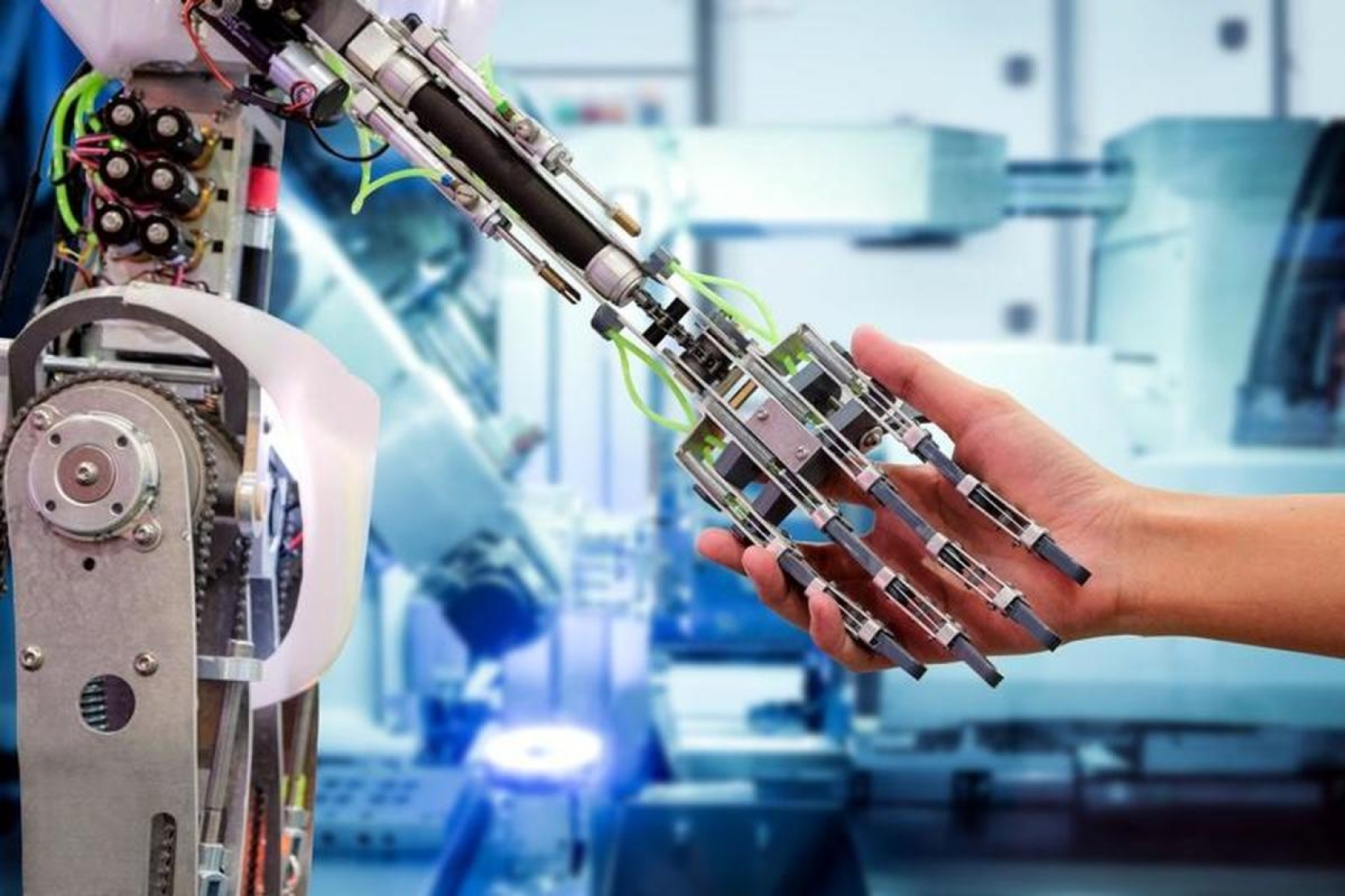The convergence of sensor technology, simulation, algorithms, cloud, and analytics is changing the value chains in manufacturing and leading to new business models. In addition, technological advances such as industrial IoT (IIoT), digital twins and cyber-physical production systems are shifting manufacturers' focus to solutions for digital platforms. They increasingly combine the physical world of manufacturing with virtual planning and simulation to achieve new business processes and better business results.
The use of AI and in particular machine learning (ML) plays a decisive role in this context. "IIoT, Big Data, mobility, and AI technologies are changing industry structures and transforming traditional technologies and business models through new applications such as predictive performance management, energy cost reduction, real-time quality management and complete two-way traceability of value chains," says a Frost & Sullivan white paper.
Dell Technologies is also aware of the growing importance of AI in production. "AI and ML in manufacturing offer significant advantages. With ML, 3D printing and the use of new materials, automakers could dramatically reduce their raw material requirements while maximizing structural stability," said Ed Henry, a senior data scientist at Dell Technologies.
Five fields of application
There are essentially five areas that will be significantly improved by AI in manufacturing:
- Less downtime. Studies show that unplanned downtime costs up to $50 billion annually. Consequently, AI-based predictive maintenance is becoming more and more common. Self-learning neural networks are used for this purpose, which means that many systems, assemblies, and parts are only replaced when their useful life is actually coming to an end - in other words, not too early and certainly not too late.
- Better product quality. Product cycles are getting shorter and shorter, customer demands are becoming more and more demanding, requirements and regulations are increasing rapidly and ultimately the manufacturing process and the associated logistics are becoming more and more complex. With AI, potential quality or compliance problems can be identified and consequently eliminated at an early stage of production.
- Colleague robot. According to the International Federation of Robotics, there are now 309 robots for every 10,000 employees in Germany. This is third place in the world Vergleich behind South Korea and Singapore. Whereas in the past robots in thick cages were sealed off from the employees, the new robots work hand-in-hand with their colleagues. More and more complex AI algorithms are being used here because the systems are still not very intelligent compared to their colleagues. But this is changing, because they are extremely capable of learning and can take on more and more cognitive tasks and decisions independently.
- Computer-generated design. AI systems are also taking on more and more work in creativity, the supreme discipline of all human abilities. Today, for example, products are designed completely autonomously by modern CAD systems with only a few specifications and are then completely constructed through to production maturity. All installation restrictions, external parameters, and regulatory requirements are automatically taken into account.
- Industry 4.0 Originally, Industry 4.0 only referred to the new networking possibilities of machines and plants, but in the meantime, the term has been expanded to include the intensive use of AI algorithms. Thus, today, Industry 4.0 can also take into account the adaptation of production to the ever-changing market, to new forms of supply networks, to precise demand forecasts and to the influence of external factors such as weather and politics. To support the expanded requirements profile for Industry 4.0, Dell Technologies entered into a cooperation agreement with the Californian start-up Noodle.ai last year.
Supercomputer for AI in manufacturing
The many new AI fields of application also bring about serious changes in IT infrastructures. This ranges from new software platforms to high-performance computing (HPC). "Many organizations are increasingly using HPC to run AI and ML applications on it," said Thierry Pellegrino, vice president of HPC at Dell Technologies. Dell, in partnership with Dassault and Siemens, offers pre-configured Dell Ready Solutions using Dell PowerEdge servers, PowerSwitch Networking and PowerVault storage.
This article is uploaded on cio.de

















